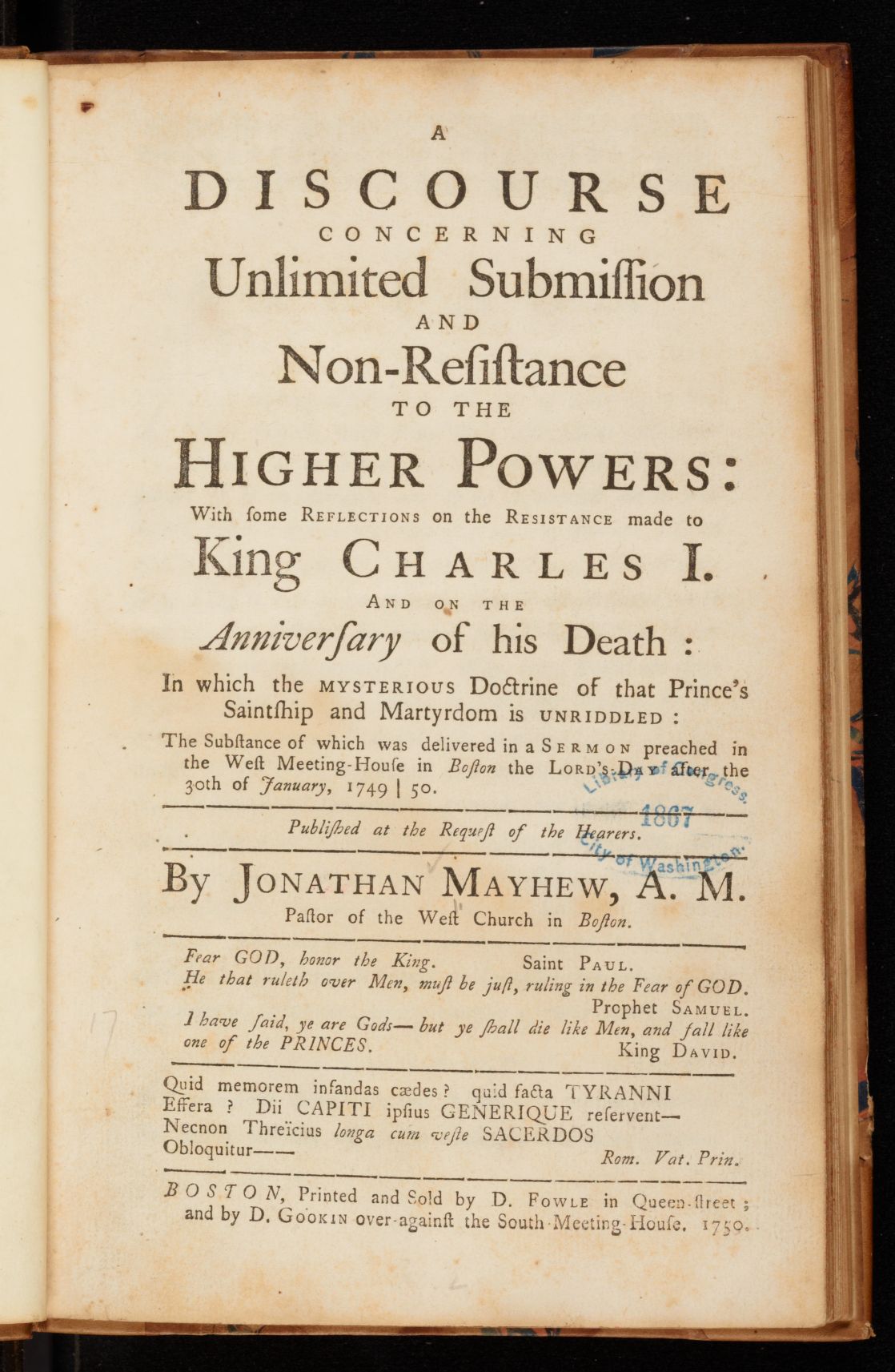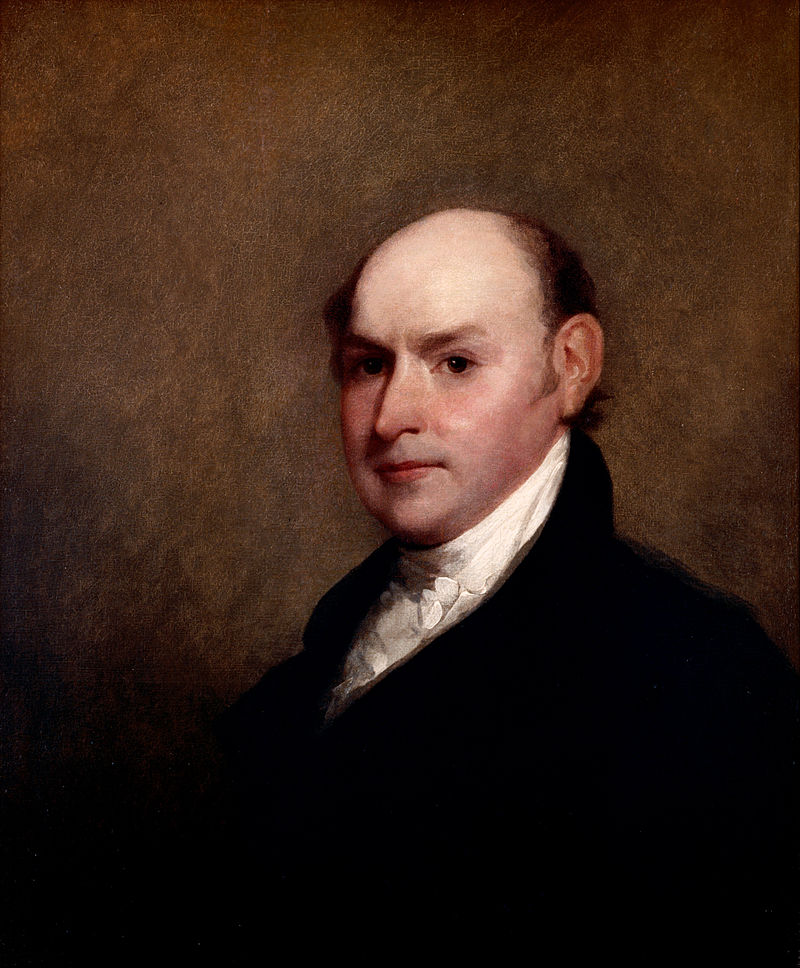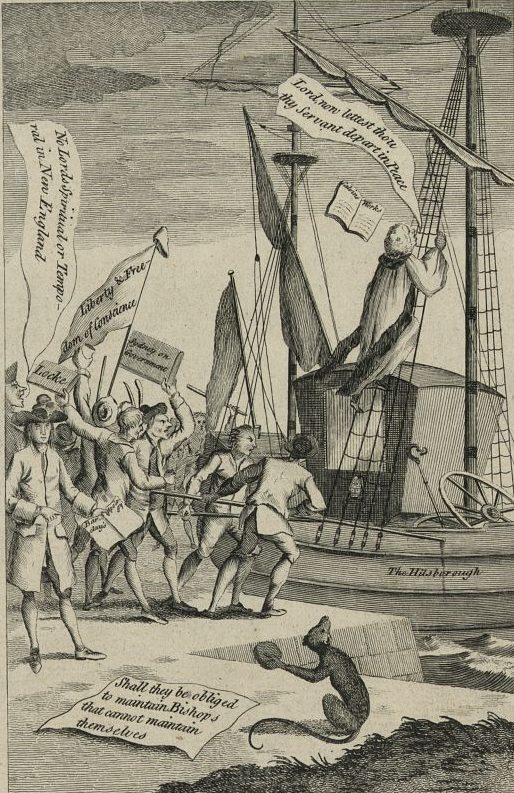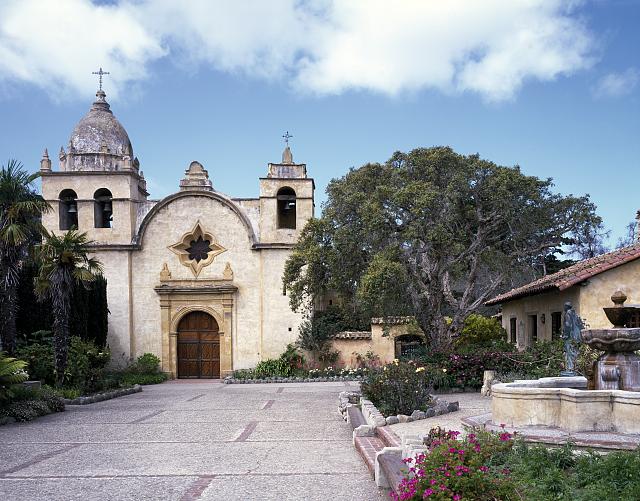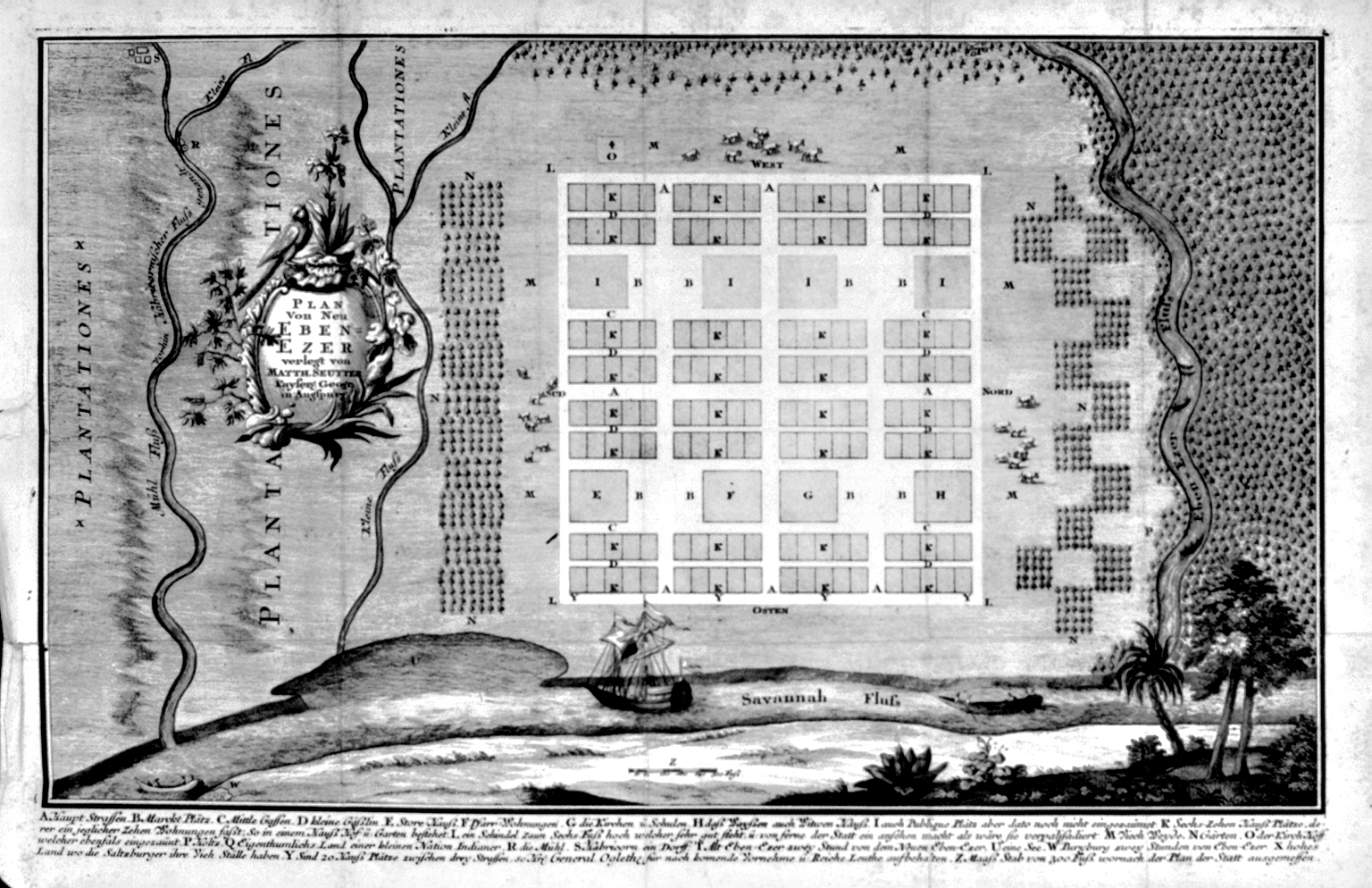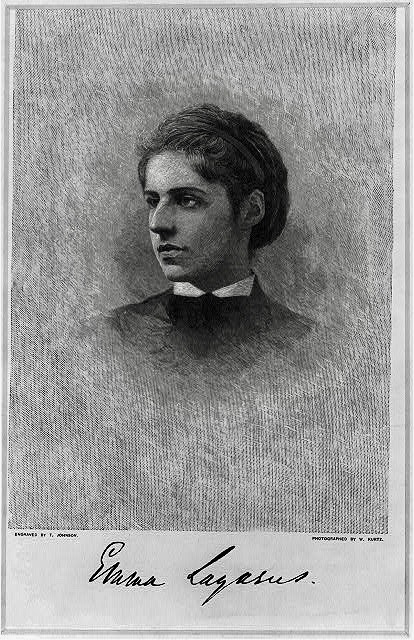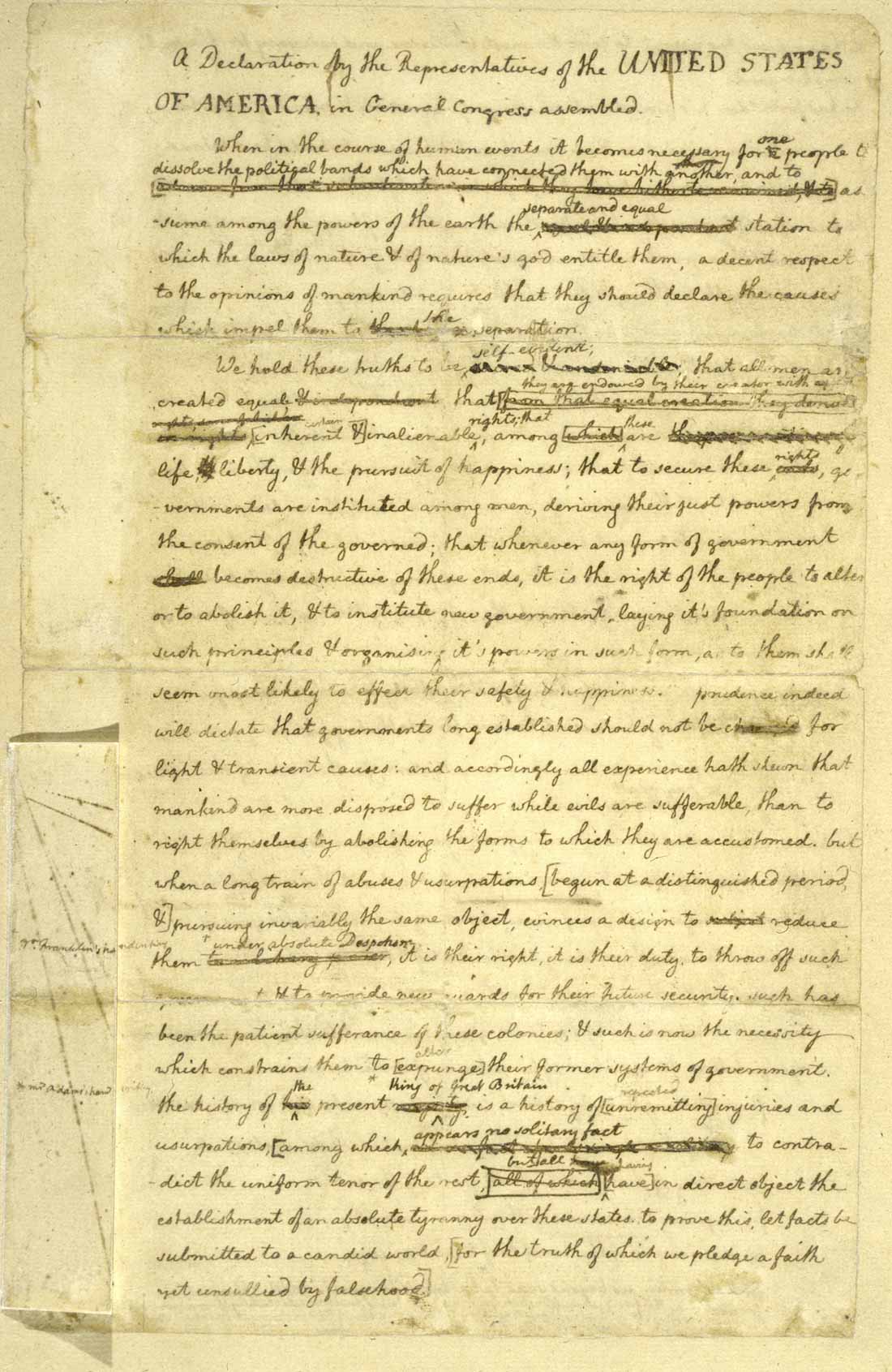The Moral Theory of Civil Liberty
Henry Ward Beecher
July 4, 1869
In this sermon, published in the Plymouth Sermon Series (Second Series, 1869), Beecher discusses the moral and rational foundations of human liberty.
One of the 25 Core Documents
Go to Study Questions
Introduction
Henry Ward Beecher (1813–1887), younger brother of Edward Beecher, was one of the most popular and influential preachers in nineteenth century America. His church in Brooklyn, New York, then a prosperous middle class community, was well attended and his sermons widely read. On the 93rd anniversary of American independence, Beecher preached on liberty. He argued that human nature prescribed limits to what men should do and that choosing to live within these limits, choosing to live according to the laws of human nature, constituted human liberty. Living in this way was good because it controlled man’s lower animal nature and thus freed man’s higher spiritual nature. This was God’s design, according to Beecher. If men did not choose to follow the law of nature, to govern themselves individually according to it, then they would necessarily be governed by others, even to the point of despotism. Liberty, both individual and civil, required that individuals govern themselves.
In contrast to his older brother’s account of holiness, Henry Ward’s discussion of the morality of civil liberty is less Biblical. In fact, it is a moral teaching that could be, and had been, articulated on the basis of reason alone. This is in keeping with the fact that Beecher’s popularity as a preacher was due in some measure to his turning away from traditional Calvinist notions such as predestination and the utter sinfulness of mankind.
Beecher’s Sermon
While they promise them liberty, they themselves are the servants of corruption: for of whom a man is overcome, of the same is he brought into bondage.
— 2 Peter 11:19
This is a true delineation of the fact that animalism leads to despotism, and necessitates it; and the whole chapter, which I read as the opening service of the evening, illustrates that important and fundamental idea.
This day, which is our National Anniversary, will very naturally suggest my subject this evening.
There are two essential conditions of civil liberty: first, self-government, and second, the civil machinery of free national life. And in importance they stand in the order in which I have mentioned them.
Self-government is a better term than liberty. We are in the habit of speaking of certain nations as free people. There is no such thing as absolute liberty. It is quite inconsistent with the very creative notion which we express. There is no such thing as absolute liberty in one’s self; because there is an order of faculty in every man, by the observance of which he can reap happiness, and by the disregard of which he will entail on himself misery. That this is so of the body, we all know. That we are obliged to obey the laws of the ear, of the eye, of the mouth, and of the hand, in order to reap the benefits of these organs, we all know. We can not go backward upon the organization of the body, and have health and comfort. We gain strength and bodily ease and comfort in proportion as we obey law. We are not, therefore, free physically, in regard to the body; and just as little are we free mentally; for there is an order within, which is as real, and the observance of which is as indispensable to comfort and liberty, as the order of the body and its physical organization.
Nor are we absolutely free in our relations to the material world. Physical laws round about us are more potent than walls in a prison are round about the prisoner. Do, obey, and live: disobey, and die. A man is hedged up in his own nature; and he is hedged up just as much in the world in which he was born, and in which he moves. The laws of society—not enacted and voluntary laws, but inevitable civil laws; those laws which existed prior to all human thought about law, and compelled men to think as they did think; the laws which regulate the act of living together in great masses—these laws can not be set at naught, or be disregarded. Society is not a voluntary compact. You might as well say that men are born on compact, as to say that society is the result of agreements among men. The nature of the individual man could never have been developed except by his position in society. Men are necessary to each other. The faculties would grow dumb and dead, if it were not for that help which they get in the expression of themselves by the fact of civil society. This state of things is the design of God; it is the constituted nature of human life; and the laws that regulate it are imperious. So that man is a creature standing in a circle, once, twice, thrice repeated round about him—laws in his own organization, laws in the material world, and laws in the physical world, which demark the bounds beyond which he can not pass—and all his liberty lies in the small space that remains in the center. There is a certain liberty which a man can exercise; but the extent of that liberty is very small. It is choosing among imperative things.
All these restraints would seem to be restraints upon the sum of life and individual power; but if you analyze it, if you look at it in the root, it will be found that, while there is no such thing as absolute liberty, these restraints all work primarily against the animal nature. All these laws, whether in a man’s own self, in his physical relations, or in his relations to his fellows in civil society, are laws which diminish the liberty, primarily and principally, of the passions and the appetites. And by as much as you diminish the power and dominancy of these elements in man, you give power and liberty to the other parts—to his reason, affections and moral sentiments. So that while a man is restricted at the bottom, he spreads out at the top, and gains again, with amplitude and augmentation, in the higher realms of his being, all that he loses by the restraints and restrictions which are imposed by great cardinal laws upon his lower nature.
He, then, who is self-governed—that is, who accepts his conditions, obeys all these laws, and holds himself willingly subject to them—is free; not in the points in which he is restricted, but in other and equivalent directions, in which a man’s life is more to him than his basilar life can be.
All these restraints, therefore, in an intelligent and virtuous society, will be found to fall on the animal propensities, and to set free, by their very limitation, the other part of human nature—its manhood, its divinity.
The more effectually, then, these lower elements are repressed, the more liberty is given to the affections. The degree of liberty attainable by an individual depends upon the restraint which he puts upon the lower nature, and the stimulus which he gives to the higher. The liberty which is attainable by masses of men living together depends on the training that the society which they constitute has had in keeping down the animalism and exalting the true manhood of the citizens in the community. If each man, and all men, have learned self-restraint, then there will be need of but very little restraint on the part of the government; but if self-restraint does not exist in the body of citizens, it must be supplied from without. If men govern the animal that is in them, on which the soul sits astride, like the rider upon his steed, then they are governed. If they will not govern it, it must be governed for them. Government there must be, in some way, if men are going to live together. Society would break up in uproar; it would be like a den of tigers and lions; it would be but a bestial wallow of swine quarreling for their food, and quarreling for their warmth of a winter’s night, and quarreling evermore, if there were no government. To live together as men, and in such a way that men can exercise their higher prerogatives, the lower elements of the human organization must be governed. If men would govern these lower elements themselves, there would be no need of bringing in any other instrument of government; but if they will not do it, it must be done by some other agency.
Despotism is the inevitable government of ignorant and savage nature. It is not that the monarch, seeing his power, takes it upon himself to govern the rude in their helplessness; it is this, that the men who represent in themselves only animal qualities are properly governed by absolute government. The animal nature in men must be governed by force, unless they govern it by their own intelligent and free will. Therefore a low and animal condition of national life is properly crowned and dominated by despotism. Under such circumstances it is not a usurpation; it is not a mischief; it is precisely adapted to the work that is to be done. And an indispensable work it is.
Society can not be free, then, except as the reason and the moral sentiments have a sufficient ascendency. You have often heard it said that a free government depends upon the intelligence and virtue of the citizens. This is an empirical fact. It is in accordance with the radical nature of man that it should be so. The first and most important condition of liberty, psychologically stated, is that men should learn how to restrain their lower, basilar, passional natures, and should be willing to restrain them, and so give liberty to their reason, their affections, and their moral sentiments.
The other condition which we mentioned as indispensable to civil liberty is the possession of the machinery of free civil society. There is to be the presence of laws adapted to that state of things, and there is to be a knowledge of those laws. The methods and limitations by which the popular will is ascertained and expressed; the devices which the experience of ages has invented for the reason and the moral sentiments of the masses to adjudicate and decide questions of public policy; the methods by which a free people execute the purposes which they have determined upon—all these are elements indispensable to liberty. Laws, courts, legislatures, all forms of popular assemblies; freedom of speech, and its proper limitations—these are things which, since we possessed them when we were born, we scarcely have analyzed. They have been of slow growth. It took the world a great while to find out what laws were right and proper for a free people. Ages were employed in experimenting and finding out what was the mode by which a free people might discuss, deliberate upon, and decide their own questions of policy. It has been a slow invention, improved and improving from age to age. The whole retinue of apparatus by which a free people acted in public affairs, executed their laws, expressed their will, and maintained their purposes, has been slowly invented and perfected; and it has risen, in these latter years, so near to the finishing touches, that it may now be said that the world knows how to secure to itself that self-government, and that liberty in it, which it has always been sighing for, and has attempted to gain, but has lost, first because it did not know the psychological conditions on which true civil liberty depended, and second, because it did not know what the machinery was by which society should execute its purposes in liberty.
These two elementary conditions—the moral condition of the people, and the apparatus of civil government adapted to freedom—must unite and cooperate, before there can be any permanent civil liberty in any nation.…
Study Questions...
View All
What does Beecher mean by civil liberty? Why does he say that “self-government” is a better term than liberty? How is self-government connected to morality? What is the connection between religion and morality for Beecher? How does Beecher understand nature? What does he see as the connection between nature and self-government? Does Beecher’s argument require the existence of God or any of the teachings of the Bible?
Compare...
Would A. C. Dixon or Fosdick accept Beecher’s argument? Would Mather?
